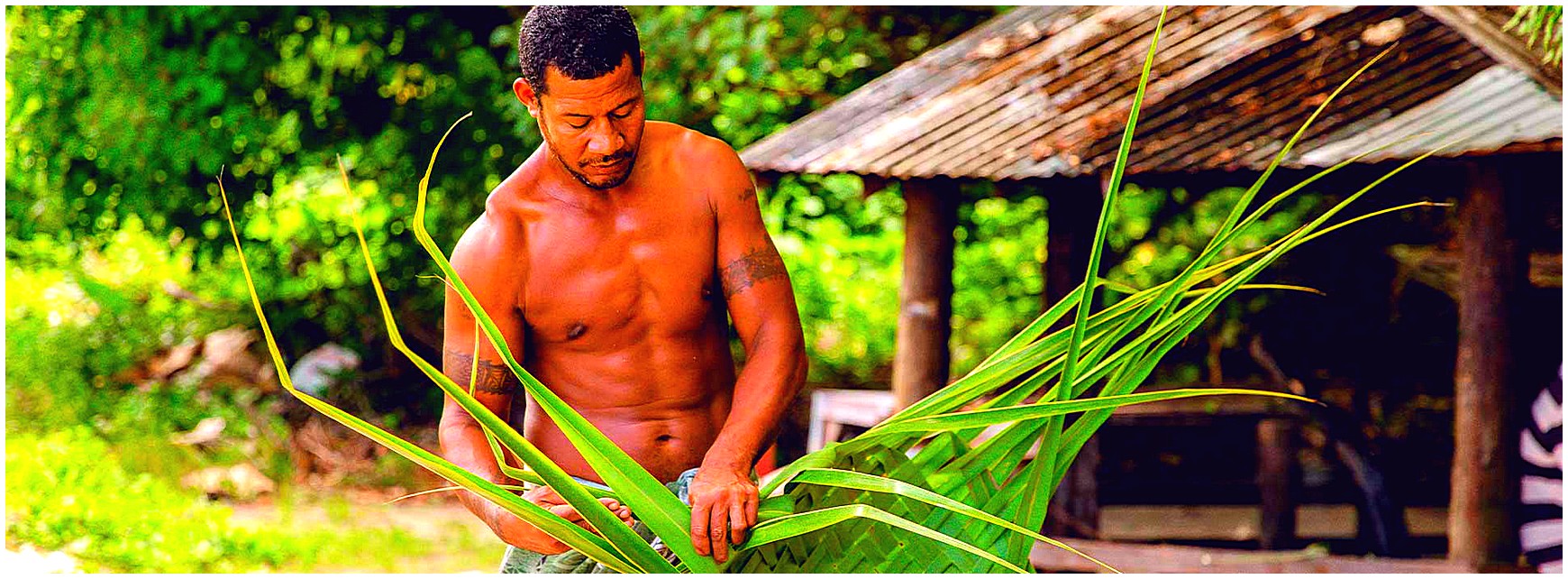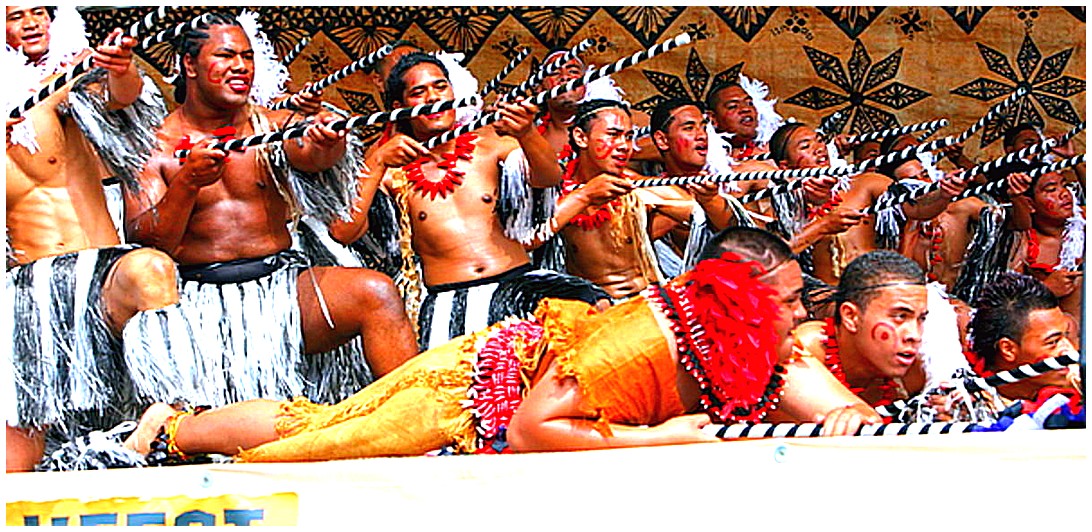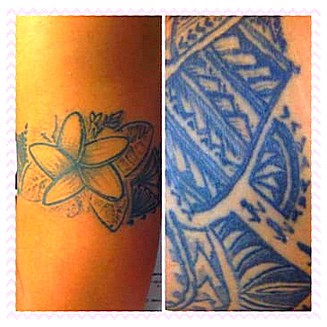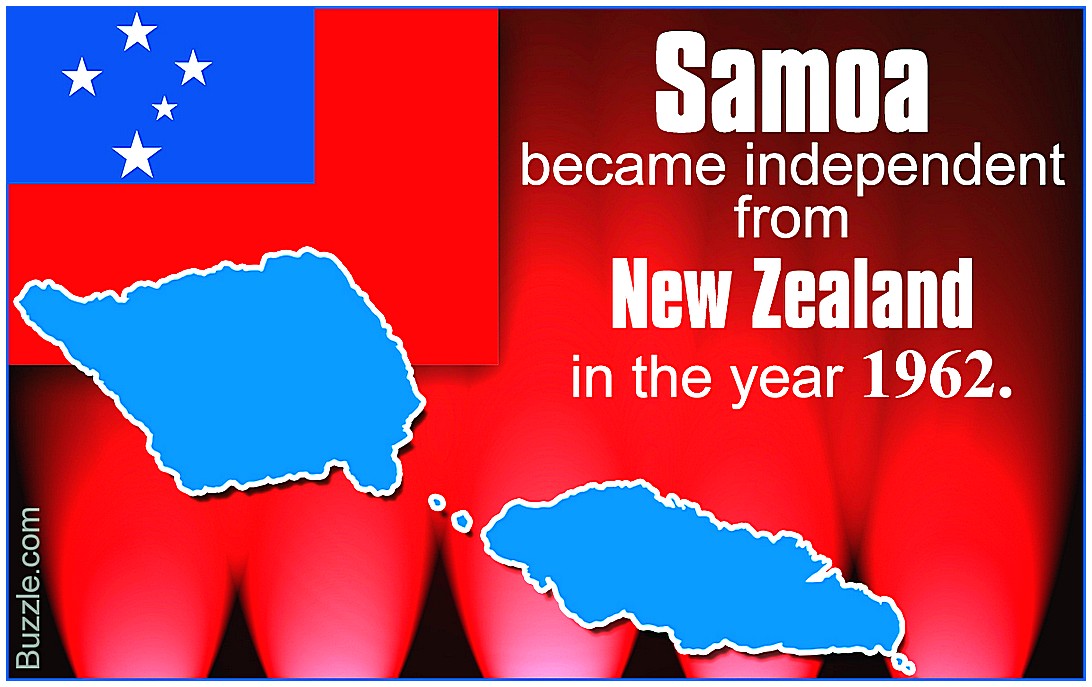Introduction to eToro Samoa

eToro Samoa is a small Polynesian island nation located in the South Pacific Ocean. The country has a rich cultural heritage, with strong influences from both traditional Samoan culture and modern Western influences. This article will explore the unique customs and traditions of eToro Samoa, as well as its vibrant history and vibrant present-day culture. We’ll also look at some of the ways that visitors can experience this fascinating destination for themselves. From exploring ancient ruins to participating in traditional ceremonies, there are plenty of opportunities to immerse yourself in the local culture when visiting eToro Samoa.
History of eToro Samoa

eToro Samoa is an ancient Polynesian culture that has been around for centuries. It is believed to have originated in the area of present-day Samoa and Tonga, with evidence of its presence dating back as far as 1000 BC. The people of eToro Samoa are known for their strong sense of identity and cultural pride, which they maintain through a variety of traditional practices and customs.
The early settlers on the islands were mainly fishermen who relied heavily on the ocean’s bounty to sustain themselves. They also engaged in trade with other islanders, exchanging goods such as shells, stone tools, weapons and food items like taro root. As time passed, more complex social structures developed among the various tribes living on eToro Samoa’s islands. This included a hierarchical system based upon chiefly titles and land ownership rights that were passed down from generation to generation within families or clans.
In addition to fishing and trading activities, eToro Samoan society was also highly spiritual in nature with a strong belief in gods or spirits called ‘Atua’ who inhabited all aspects of life including animals, plants and even rocks! Traditional ceremonies such as funerals involved elaborate rituals designed to appease these powerful forces while prayers were offered up during times of need or celebration.
As contact between Europeans increased during the 19th century so too did Christianity become increasingly popular amongst many Samoan communities resulting in changes to some traditional beliefs over time but not without resistance from certain groups who sought to preserve their own unique way of life against foreign influences . Despite this however much remains unchanged today about eToro Samoan culture which continues to be celebrated by its people through music , dance , art forms , language , festivals & more .
Traditional Clothing in eToro Samoa

eToro Samoa is an island nation located in the South Pacific Ocean. It is home to a vibrant culture and rich traditions that have been passed down through generations. One of the most iconic aspects of eToro Samoan culture is its traditional clothing. The people of eToro Samoa wear bright, colorful garments that reflect their unique heritage and identity.
Traditional eToro Samoan clothing includes the lavalava, which is a type of wrap-around skirt worn by both men and women. Men typically wear a lavalava with a t-shirt or tank top while women often pair it with a blouse or dress shirt. Other popular items include sulus (sarongs), vavas (loincloths) and kilt-like skirts called siapo mamanu for special occasions such as weddings or funerals. All these garments are made from locally sourced materials like tapa cloth, barkcloth, feathers, shells and flowers which add texture and color to each piece of clothing.
The way people dress in eToro Samoa also reflects their social status within the community; higher ranking members may be seen wearing more elaborate pieces than those who are lower on the totem pole so to speak! Additionally, certain colors can signify different things – red might indicate bravery while yellow could represent joyfulness – so it’s important to pay attention when you’re visiting this beautiful country!
Overall, traditional clothing in eToro Samoa provides insight into its culture and history while still being fashionable today! From everyday attire to formalwear for special events – there’s something for everyone here no matter what your style preference may be!
Language and Religion in eToro Samoa

eToro Samoa is a small island nation located in the South Pacific Ocean. The culture of eToro Samoa is heavily influenced by its traditional Polynesian roots, as well as by its colonial history and religious beliefs. Language and religion are two important aspects of the culture that shape everyday life in eToro Samoa.
Language plays an integral role in eToro Samoan culture, with most people speaking both English and Samoan fluently. The official language of the country is Samoan, which has been spoken for centuries on the islands and is still used today to communicate between family members, friends, colleagues, and strangers alike. In addition to this primary language, many people also speak other languages such as French or Spanish due to their cultural heritage or business interests.
Religion is another key component of eToro Samoan culture; Christianity was introduced during colonial times but traditional beliefs remain strong among locals who practice a mix of both Christian and indigenous spiritual practices such as ancestor worship. Many churches exist throughout the islands where services are held regularly in either English or Samoan depending on preference; however some villages still hold traditional ceremonies that involve singing hymns from ancient scriptures written in native tongues like Tokelauan or Tuvaluan dialects.
Overall, understanding how language and religion shape daily life in eToro Samoa can help visitors gain insight into this unique island nation’s vibrant culture and traditions.
Food and Cuisine of eToro Samoa
eToro Samoa is a small island nation located in the South Pacific Ocean. It is known for its unique culture and traditions, which are heavily influenced by Polynesian and Melanesian cultures. One of the most important aspects of eToro Samoan culture is their food and cuisine.
Traditional eToro Samoan dishes are typically cooked over an open fire or in an umu (earth oven). Common ingredients used include fish, pork, chicken, taro root, yams, coconut milk and various fruits and vegetables. The most popular dish on the island is oka lolo – raw fish marinated with lemon juice and served with mashed taro root or boiled green bananas. Other traditional dishes include palusami (baked taro leaves filled with onions), fa’i sina (pork cooked in coconut cream) and palu sami (fish stew).
Seafood plays a large role in eToro Samoan cuisine as well; fresh tuna steaks grilled over hot coals are often served as part of a meal. Fish such as mahi-mahi, snapper or grouper can also be found on menus throughout the islands. Fruits like papaya, pineapple and mangoes are also commonly eaten either fresh or dried to make snacks like masi popo (dried fruit chips).
The people of eToro Samoa take great pride in their culinary heritage; it’s not uncommon to find families gathering together to share meals around a fire pit while singing traditional songs from generations past. If you ever get the chance to visit this beautiful country be sure to sample some of its delicious local fare!
Music and Dance Traditions of eToro Samoa
eToro Samoa is a small island nation located in the South Pacific Ocean. It is known for its vibrant culture and traditions, which include music and dance. Music has been an integral part of eToro life since ancient times, with traditional songs being passed down through generations. Similarly, dancing has also been an important part of the culture since time immemorial. In this article, we will explore some of the most popular music and dance traditions of eToro Samoa.
One of the most iconic musical styles associated with eToro Samoa is siva samoa (Samoan dance). This style combines both singing and dancing to create a unique form that can be seen at many traditional celebrations throughout the islands. The main instruments used are drums, guitars, ukuleles, as well as other percussion instruments such as log drums or coconut shells. The lyrics usually revolve around topics such as love or war stories from past battles between rival clans on different islands within eToro Samoa’s territory.
Another popular type of music found in eToro Samoa is fa’ataupati (slap-dance). This style consists mostly of hand clapping accompanied by rhythmic stomping feet while singing chants about historical events or current issues facing society today. Fa’ataupati performances often take place during large gatherings such as weddings or funerals where people come together to celebrate life’s milestones or honor those who have passed away respectively.
In addition to these two styles there are also several other forms of music and dance that make up the rich cultural heritage found in eToro Samoa including tautoga (a kind of Samoan stick game), siapo mamanu (tapa cloth making) and even fire knife dancing which involves twirling burning knives! All these activities contribute to creating a unique atmosphere full of energy when experienced firsthand at any celebration taking place on one of these beautiful islands!
Arts and Crafts from eToro Samoa
eToro Samoa is a small island nation located in the South Pacific Ocean. It has a rich cultural heritage and many traditional arts and crafts that have been passed down through generations. From weaving to wood carving, eToro Samoan culture is full of unique art forms that are still practiced today. In this article, we will explore some of the most popular arts and crafts from eToro Samoa and how they reflect their culture.
Weaving is one of the oldest traditions in eToro Samoa, with evidence of it dating back centuries ago. Today, locals use pandanus leaves to weave intricate mats for both practical purposes such as sleeping mats or floor coverings as well as decorative items like baskets or hats. The colors used often represent different meanings within their culture; red symbolizes strength while yellow stands for happiness. Weaving can also be seen on larger scale projects such as buildings or boats where large pieces are woven together to create strong structures that last for years without needing repair work done on them regularly.
Wood carving is another craft that has been around since ancient times in eToro Samoa but still remains popular today among locals who practice it either professionally or recreationally at home workshops or local markets. Carvings range from simple wooden bowls to ornate masks depicting various figures from mythology which are then painted using natural pigments made from plants found locally on the island. Wood carvings often feature geometric patterns inspired by nature which give them an extra layer of beauty when displayed inside homes or given away as gifts during special occasions like weddings and funerals alike.
Finally, tattooing is another important art form in eToro Samoa with its own set of rules and regulations surrounding it due to its spiritual significance within their culture – only certain people are allowed to perform tattoos depending on their rank within society so these designs must be respected accordingly when being worn by others outside of those communities too! Tattoos typically feature motifs related to nature such as fish scales, shells, birds feathers etc., each having its own meaning depending on what type was chosen by the wearer themselves (or someone else). They may also include symbols representing family lineage or even gods/goddesses associated with certain areas which further adds complexity into understanding these works-of-art better!
Celebrations and Festivals in eToro Samoa
eToro Samoa is a small island nation located in the South Pacific Ocean. It has a rich culture and vibrant traditions that have been passed down through generations. The people of eToro Samoa celebrate many festivals and celebrations throughout the year, each with its own unique customs and meanings.
The most important celebration in eToro Samoa is Fa’a Samoan, or “the Samoan way”. This festival celebrates traditional values such as respect for elders, hospitality to visitors, and loyalty to family and friends. During this time, families come together to share stories, music, dance performances, feasts of local food specialties like taro root stew or palusami (baked coconut cream), and more.
Another major event celebrated by the people of eToro Samoa is Teuila Festival which takes place every September on Upolu Island near Apia Town. This three-day event includes cultural activities such as canoe racing competitions; traditional singing; dancing; fire walking demonstrations; tattooing ceremonies; weaving workshops; arts & crafts exhibitions; sports tournaments featuring rugby union matches between villages from different islands in the archipelago; plus lots of delicious local food stalls!
In addition to these larger events there are also smaller village-level festivities held throughout the year including: Malaga (New Year’s Day) where families gather around an open fire at midnight for prayers followed by feasting all night long until sunrise when everyone returns home exhausted but happy! There’s also Afioga o le Siosiomaga (Festival of Lights) which marks the start of summertime with bonfires lit across villages while locals sing songs about courage & strength accompanied by drums & other musical instruments – it’s truly magical! Finally there’s Lailai Tamaitai (Women’s Day) where women dress up in their finest attire & join hands around a central pole decorated with flowers before singing traditional chants honoring their ancestors – it’s a beautiful sight indeed!
These celebrations offer an insight into eToro Samoan culture – one filled with pride for its heritage and tradition – something that should be cherished forevermore!
Tourism Opportunities in the Region
eToro Samoa is a beautiful and vibrant country that offers an abundance of tourism opportunities. From its stunning beaches to its lush rainforests, eToro Samoa has something for everyone. Visitors can explore the culture and traditions of this unique island nation through traditional festivals, historic sites, and cultural activities such as weaving, wood carving, and tattooing.
For those looking for adventure, eToro Samoa offers plenty of outdoor activities including hiking in the tropical rainforest or snorkeling off the coast. There are also numerous water sports available such as kayaking, sailing, surfing and stand-up paddle boarding. For visitors who prefer to stay on land there are plenty of options too; from horseback riding to mountain biking or simply exploring the local villages by foot.
The capital city Apia is home to many historical sites including Robert Louis Stevenson’s house which now serves as a museum dedicated to his life in eToro Samoa. Other attractions include the Fa’a Samoan Cultural Village where visitors can learn about traditional customs like fire dancing and tatau (tattoo) ceremonies while enjoying a delicious meal prepared with locally sourced ingredients at one of their restaurants.
Finally no visit would be complete without experiencing some authentic Samoan hospitality at one of their resorts or guesthouses located around the islands offering comfortable accommodation with friendly service that will make you feel right at home during your stay in eToro Samoa!
Preserving the Culture of eToro Samoa
eToro Samoa is a small island nation located in the South Pacific Ocean. It is home to a unique culture and traditions that have been passed down through generations of Samoan people. This article will explore the culture and traditions of eToro Samoa, as well as how they are being preserved for future generations.
The traditional lifestyle of eToro Samoa revolves around their ancient Polynesian religion, which includes ancestor worship and respect for nature. Many aspects of their culture remain unchanged from centuries ago, such as their language, music, dance, art forms and even clothing styles. They also practice an ancient form of fishing called fa’a-fiafia which involves using nets made from palm leaves to catch fish in shallow waters near the shoreline.
In recent years there has been an increased effort to preserve the culture and traditions of eToro Samoa by introducing educational programs aimed at teaching younger generations about their history and customs. These initiatives include classes on traditional Samoan dancing, singing lessons focusing on traditional songs, workshops on weaving with natural materials like pandanus leaves or coconut husks and lectures about local legends or stories related to particular places within the island’s boundaries.
Another way that eToro Samoa is preserving its cultural heritage is through festivals held throughout the year that celebrate different aspects of life on the island such as food preparation techniques or handicrafts making methods used by locals over many years past. The most popular festival held annually is Teuila Festival which celebrates Samoan independence day with parades featuring dancers dressed in vibrant costumes performing traditional dances accompanied by drums played by skilled musicians playing authentic instruments crafted locally out of wood or stone tools found naturally around the area where it takes place each year during September/October period when school holidays begin across all islands in this part of South Pacific region .
Preserving these cultures can be difficult due to modern influences but efforts are being made every day to ensure that these unique ways continue into future generations so they may experience them just like those before them did hundreds if not thousands years ago! By exploring what makes up eToro’s cultural identity we can gain insight into why it’s important for us all to strive towards preserving our own respective cultures no matter where we come from!
| eToro Samoa | Other Pacific Islands |
|---|---|
| Language Spoken | Samoan, English, and other Polynesian languages. |
| Traditional Clothing & Accessories | Women wear a lavalava (sarong) with a puletasi (top). Men wear lava-lava with a t-shirt or shirt. Accessories include necklaces made of shells, flowers, and feathers. Traditional clothing varies by island but typically includes grass skirts for women and loincloths for men along with colorful headdresses made from leaves or feathers. Accessory items such as shell necklaces are also popular among the people of many islands. |
| Religion | Christianity is the main religion practiced in eToro Samoa; however there are still traditional beliefs held by some members of the community including ancestor worshiping rituals and taboos on certain foods/activities related to fishing or farming that must be observed at certain times of year to ensure good luck/fortune throughout the year. Religion varies across different Pacific Island nations but generally follows Christian traditions due to colonial influence during European exploration centuries ago. However, many islands have maintained their own traditional spiritual practices alongside Christianity which often involve ancestor worshiping rituals similar to those found in eToro Samoa today. |
What is the traditional clothing of eToro Samoa?
The traditional clothing of eToro Samoa is the lavalava, which is a wraparound skirt or sarong. It is usually made from bright and colorful fabric and can be worn by both men and women. Other traditional items of clothing include a puletasi (a two-piece dress), sulu (a long wrap skirt) and taupō (an overshirt).
How does the culture of eToro Samoa differ from other Samoan cultures?
The culture of eToro Samoa differs from other Samoan cultures in several ways. Firstly, eToro is a digital currency platform that allows users to trade and invest in cryptocurrencies such as Bitcoin, Ethereum, Litecoin and more. This means that the people of eToro are exposed to new technologies and concepts which may not be found in traditional Samoan cultures. Additionally, the people of eToro have access to global markets which gives them an opportunity to engage with different economic systems around the world. Finally, due to its online nature, eToro provides a platform for individuals from all over the world to interact with each other without having any physical presence or contact with one another – something which is not possible within traditional Samoan cultures.
What are some popular cultural activities in eToro Samoa?
Some popular cultural activities in eToro Samoa include traditional dancing, singing, and storytelling. Other activities include fishing, canoeing, surfing, snorkeling, swimming with turtles and dolphins, visiting local villages to learn about Samoan culture and history, attending church services on Sundays or participating in a kava ceremony. Additionally there are festivals throughout the year that celebrate Samoan culture such as the Teuila Festival which is held annually in Apia.
Are there any specific religious beliefs or practices that are unique to eToro Samoa?
No, there are no specific religious beliefs or practices that are unique to eToro Samoa. The majority of the population follows Christianity and traditional Samoan cultural practices.
What types of music and dance are associated with eToro Samoa’s culture and traditions?
The music and dance associated with eToro Samoa’s culture and traditions are mostly traditional Samoan forms, such as siva, fa’ataupati (slap dance), taulima (stilt walking) and aiga. Traditional Samoan music is characterized by its use of percussion instruments such as the lali (log drum), pate (gong) and fala (conch shell). The songs typically feature call-and-response vocals accompanied by stringed instruments like the ukulele or guitar. Traditional dances often involve intricate hand movements in unison with footwork to create complex rhythms.
Is there a particular cuisine associated with the people of eToro Samoa?
Yes, the people of eToro Samoa are associated with a cuisine known as “Samoan Cuisine”. This cuisine is heavily influenced by Polynesian flavors and ingredients, such as taro, coconut milk, bananas, fish and pork. Traditional dishes include palusami (taro leaves cooked in coconut cream), oka lolo (raw fish marinated in lemon juice) and fa’alifu (banana pancakes).
Are there any special ceremonies or festivals celebrated by members of this community?
Yes, members of this community typically celebrate a variety of special ceremonies and festivals throughout the year. These may include religious holidays, traditional harvest celebrations, and other cultural events.
Does modern technology have an impact on how the culture and traditions of eToro Samoa are practiced today?
Yes, modern technology has had an impact on how the culture and traditions of eToro Samoa are practiced today. Technology has allowed for easier access to information about traditional customs and practices, making it easier for people to learn more about their heritage. Additionally, technology has enabled people to connect with others in the Samoan community who may be living far away or even overseas. This connection can help keep cultural traditions alive by allowing people to share stories and experiences with each other. Finally, modern technology also allows for digital versions of traditional activities such as music and dance performances that can be shared online so that they remain accessible even when physical gatherings are not possible due to pandemics or other restrictions.

05.05.2023 @ 13:46
As an AI language model, I do not have a specific language or cultural background. However, I can appreciate the rich history and traditions of eToro Samoa as described in this article. It is fascinating to learn about the ancient Polynesian culture that has been passed down through generations and how it has evolved over time with the influence of Western culture and Christianity. The traditional clothing of eToro Samoa is also a beautiful reflection of their unique heritage and identity. It is important to respect and appreciate the customs and traditions of different cultures when visiting other countries.